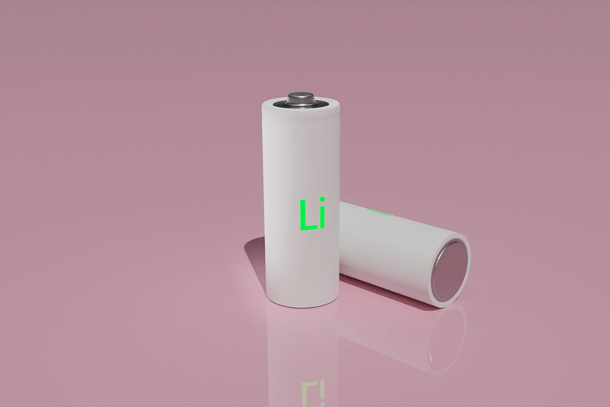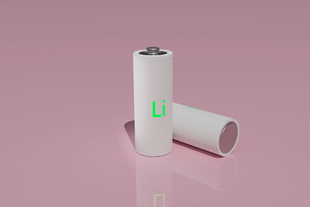Science
New Catalyst Can Improve 'Next-Generation' Lithium-Sulfur Battery Life And Performance, Research Finds
Swarajya Staff
Feb 28, 2021, 11:56 PM | Updated Mar 01, 2021, 04:04 PM IST
Save & read from anywhere!
Bookmark stories for easy access on any device or the Swarajya app.


Lithium-ion batteries may now be front and centre in powering portable electronics and promising to make electric vehicles and renewable energy storage a routine affair. Still, researchers are already at work trying to develop next-generation batteries for more advanced requirements.
Among the more promising of these future alternatives are the lithium-sulfur batteries. They have a high energy density, making them apt for a time when energy storage demands expand beyond current capacities.
Compared to lithium-ion batteries, lithium-sulfur batteries' ideal capacity is said to be more than five times higher.
But there is currently a gap in how lithium-sulfur batteries perform in academic labs as against when they are subjected to mass production. Improvements are necessary to close this gap over time.
Progress, though, is already being made.
In a recent development, a research team led by professor Jaeyoung Lee at South Korea's Gwangju Institute of Science and Technology (GIST) is said to have developed a light-weight and long-lasting lithium-sulfur battery.
With the help of an electrocatalyst in the form of cobalt oxalate (CoC2O4), scientists have possibly arrived at a way to improve battery life and move the dial on lithium-sulfur batteries in the direction of practical use.
The study appeared in the journal ChemSusChem, published on behalf of Chemistry Europe – an association of 16 European chemical societies.
In the paper, researchers explain that the operational mechanisms for lithium-ion and lithium-sulfur batteries are different.
In the case of sulfur-based batteries, the non-conductive properties of sulfur and the action of polysulfides that emerge during charging and discharging result in low life expectancy for the battery.
In this case, the researchers write that "an electrocatalyst is necessary to improve the electrochemical utilization of sulfur".
So, Professor Lee's team introduced cobalt oxalate as an electrochemical catalyst.
The result was overcoming challenges surrounding sulfur utilisation and anode degradation and, therefore, longer life, better performance, and higher energy storage capacity for the battery.
As further research advances the state of lithium-sulfur batteries, the hope is that they can come in handy sooner rather than later for use in diverse higher capacity applications like drones, large electric vehicles, and where energy storage would be required in large quantities, such as when tapping solar and wind sources.
Also Read: India’s First-Ever Lithium Refinery Promises To Strengthen Country’s Electric Vehicle, Battery Push





